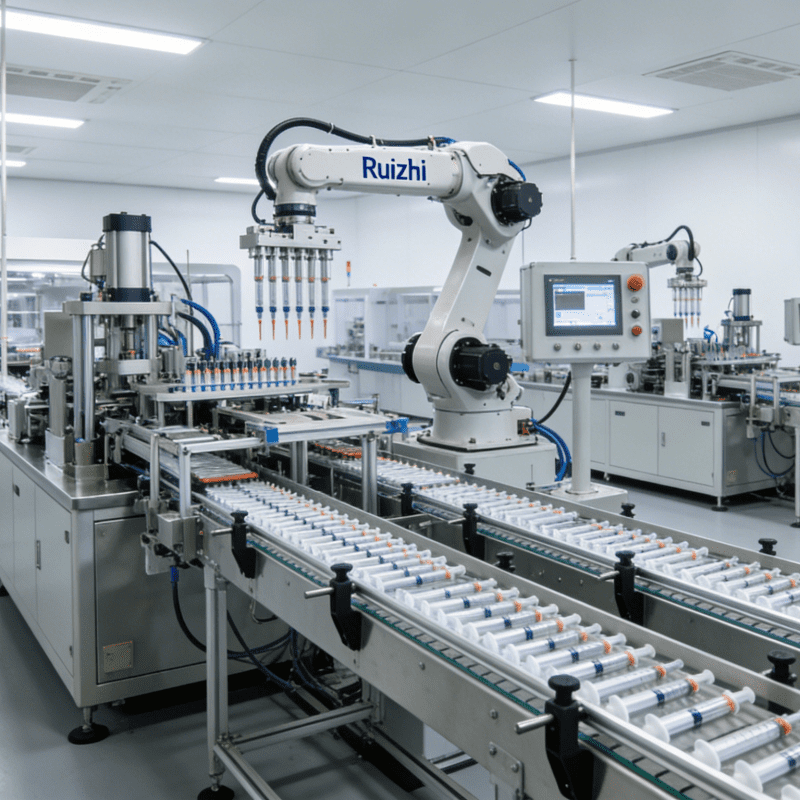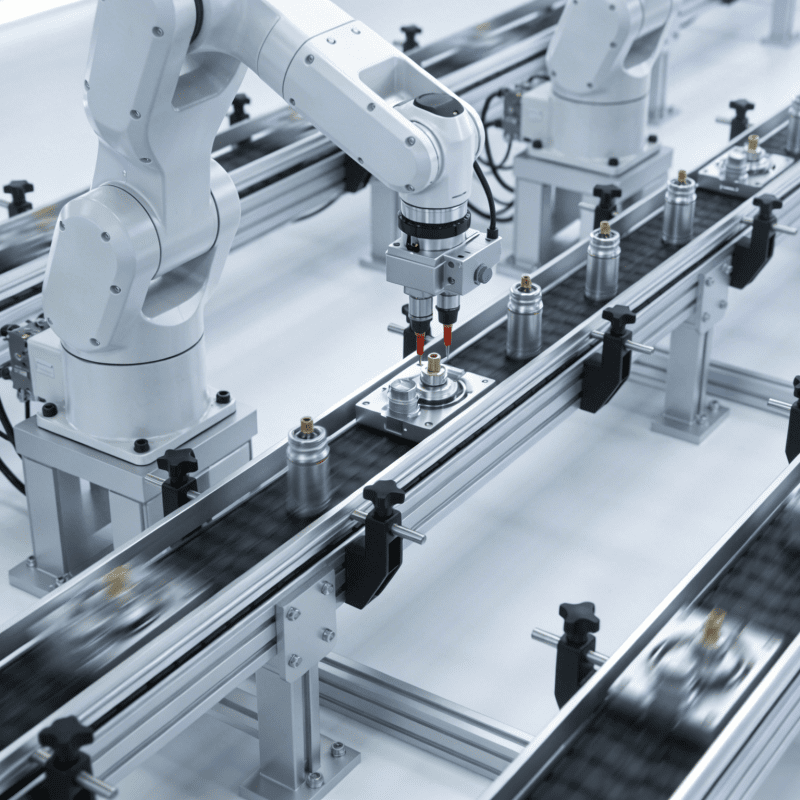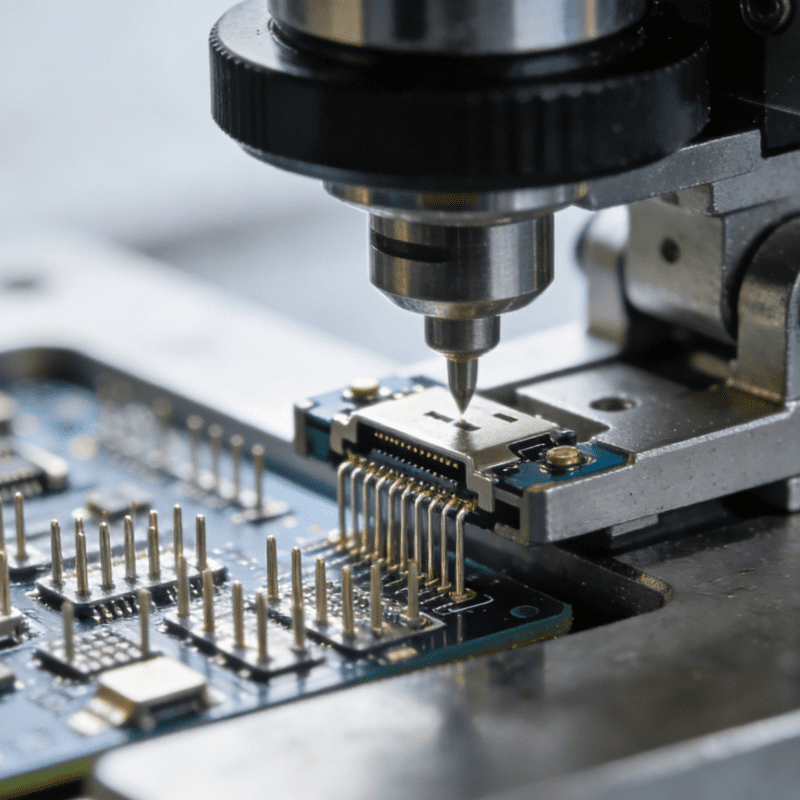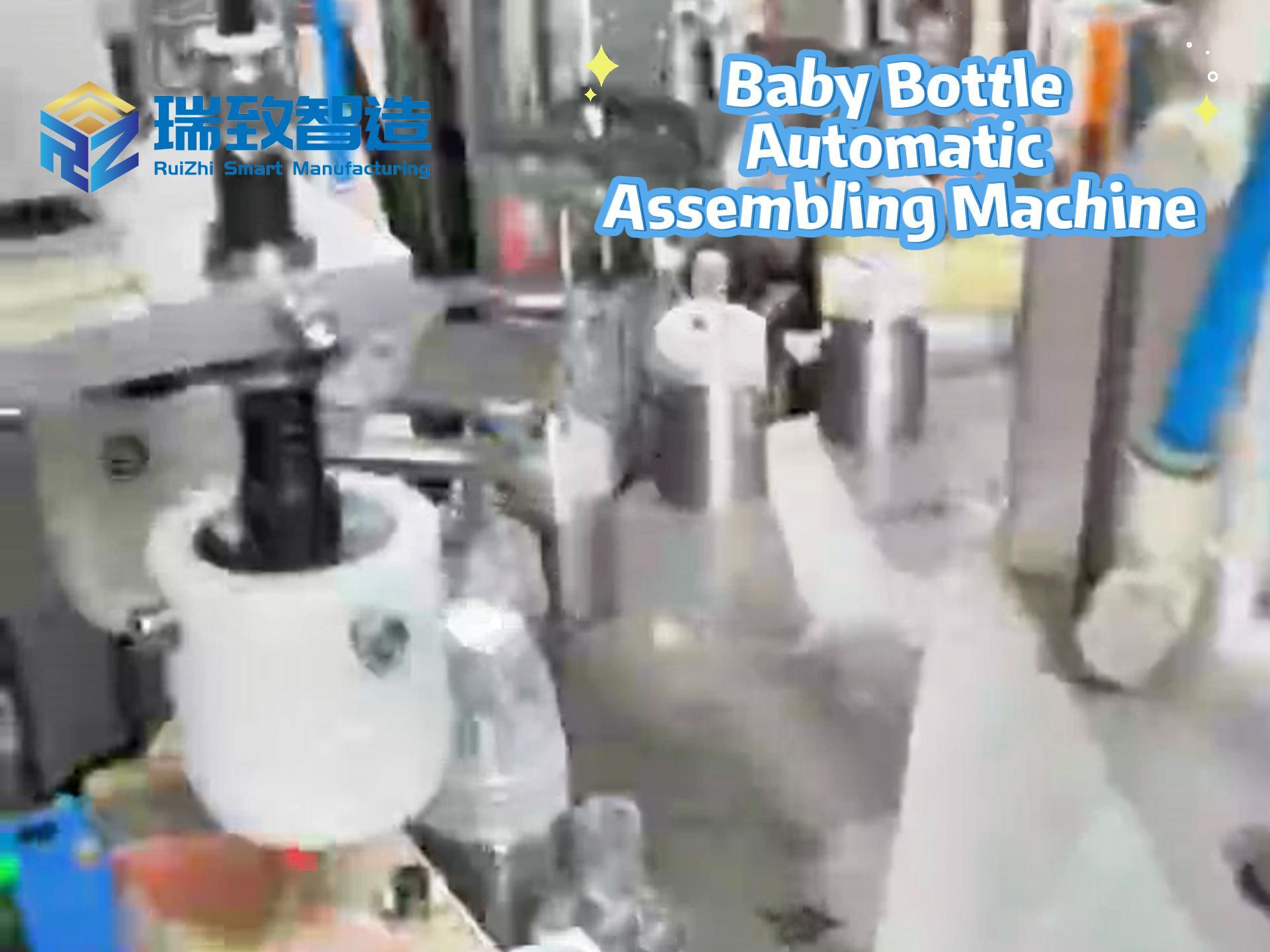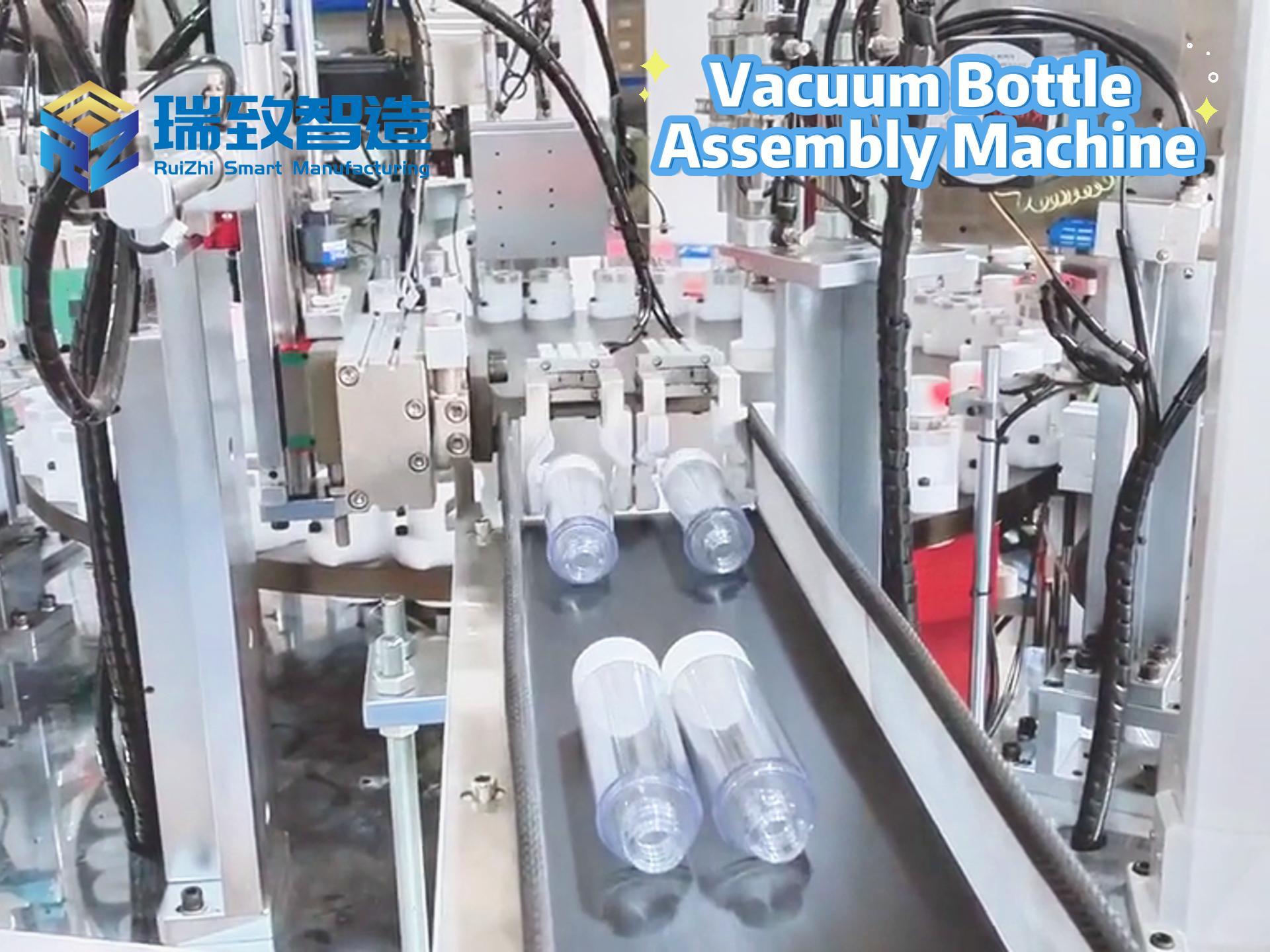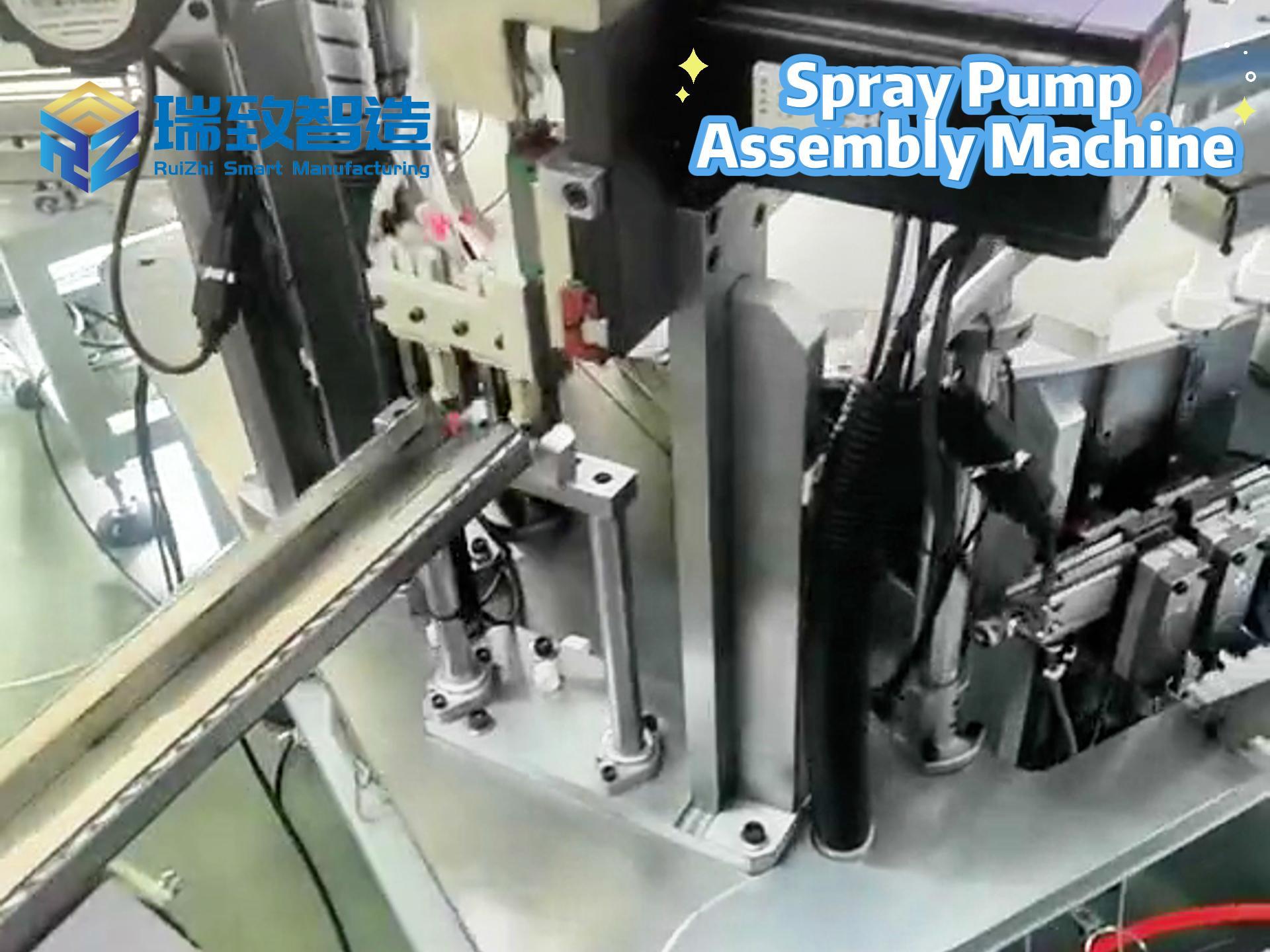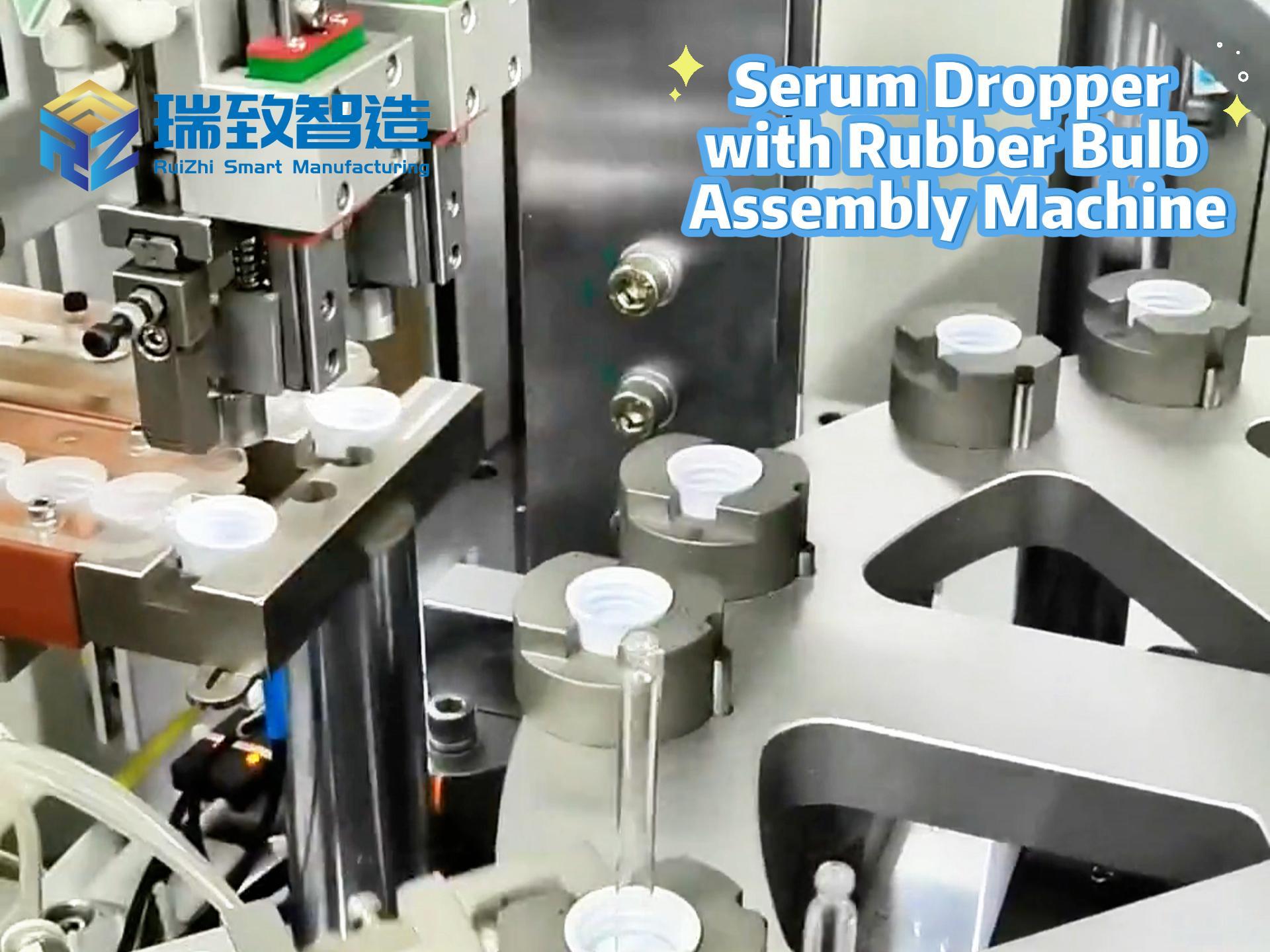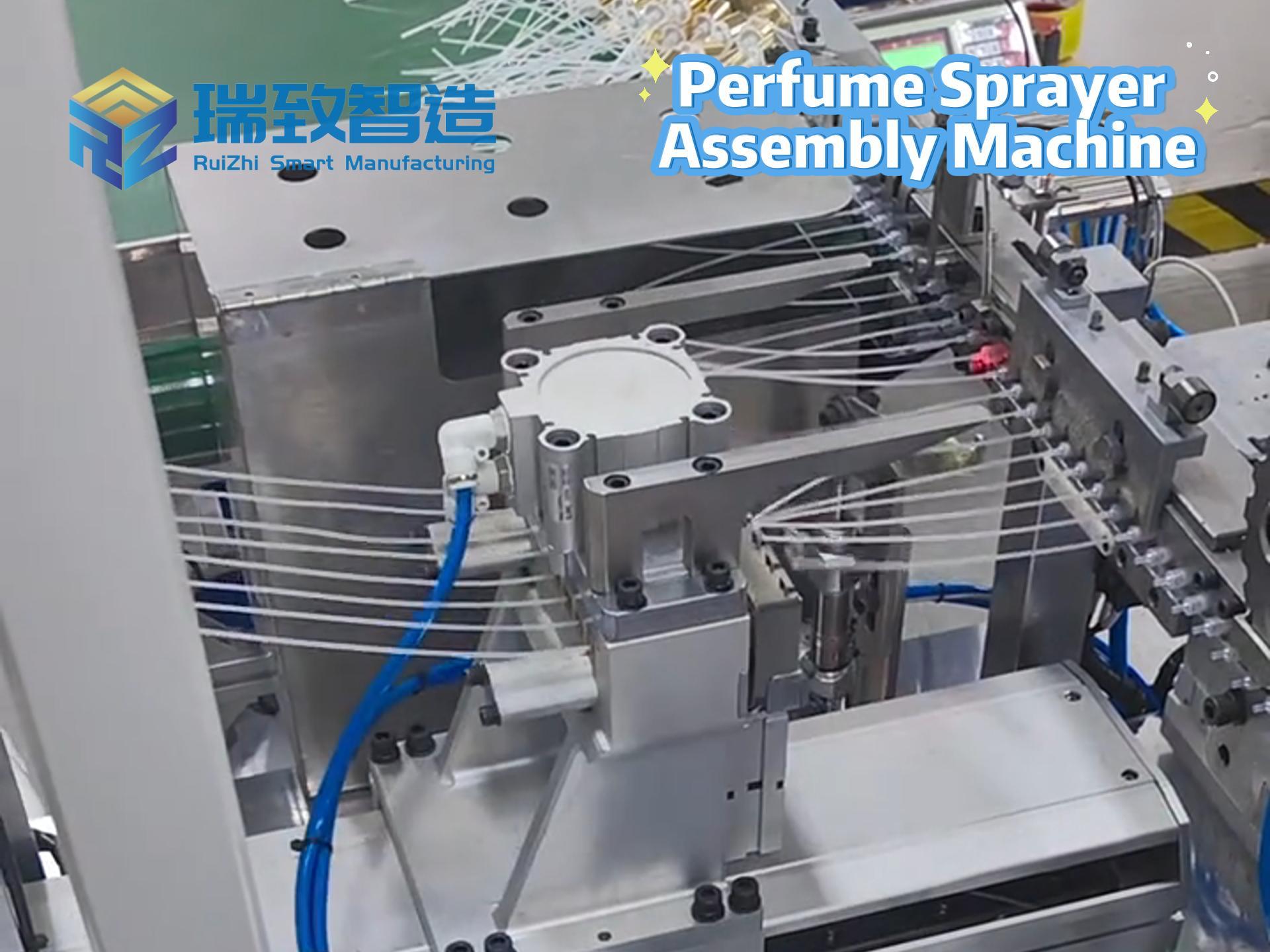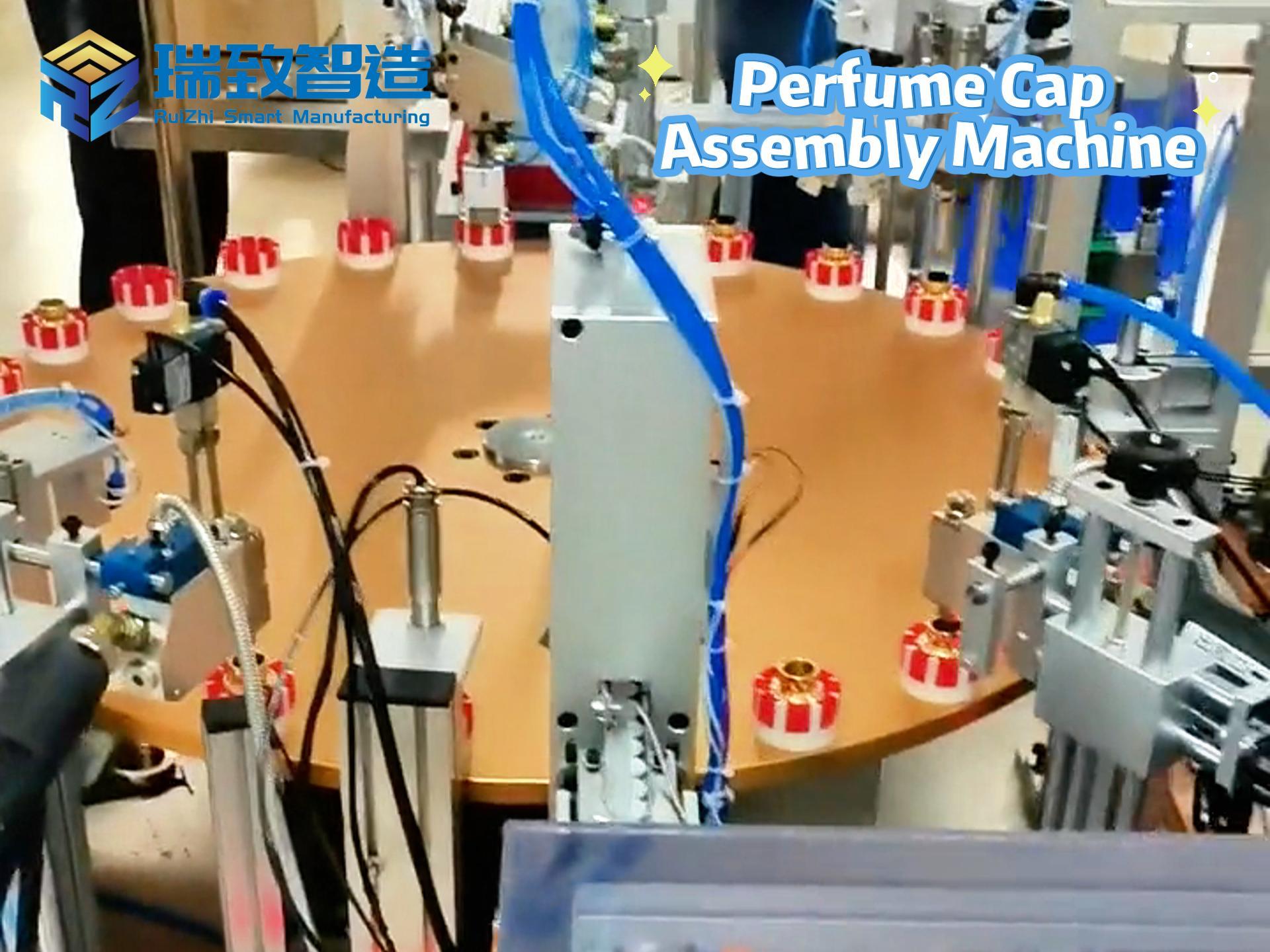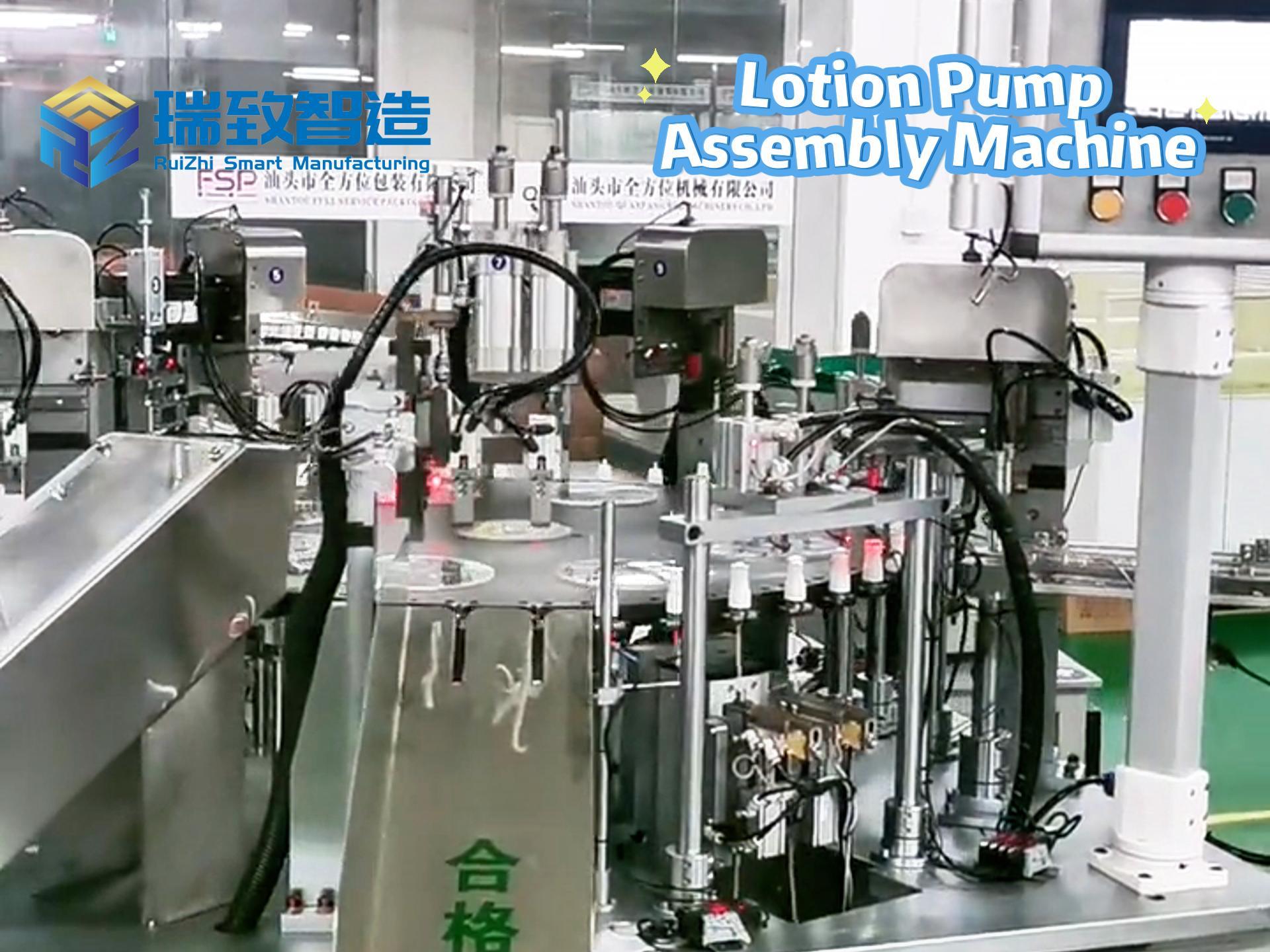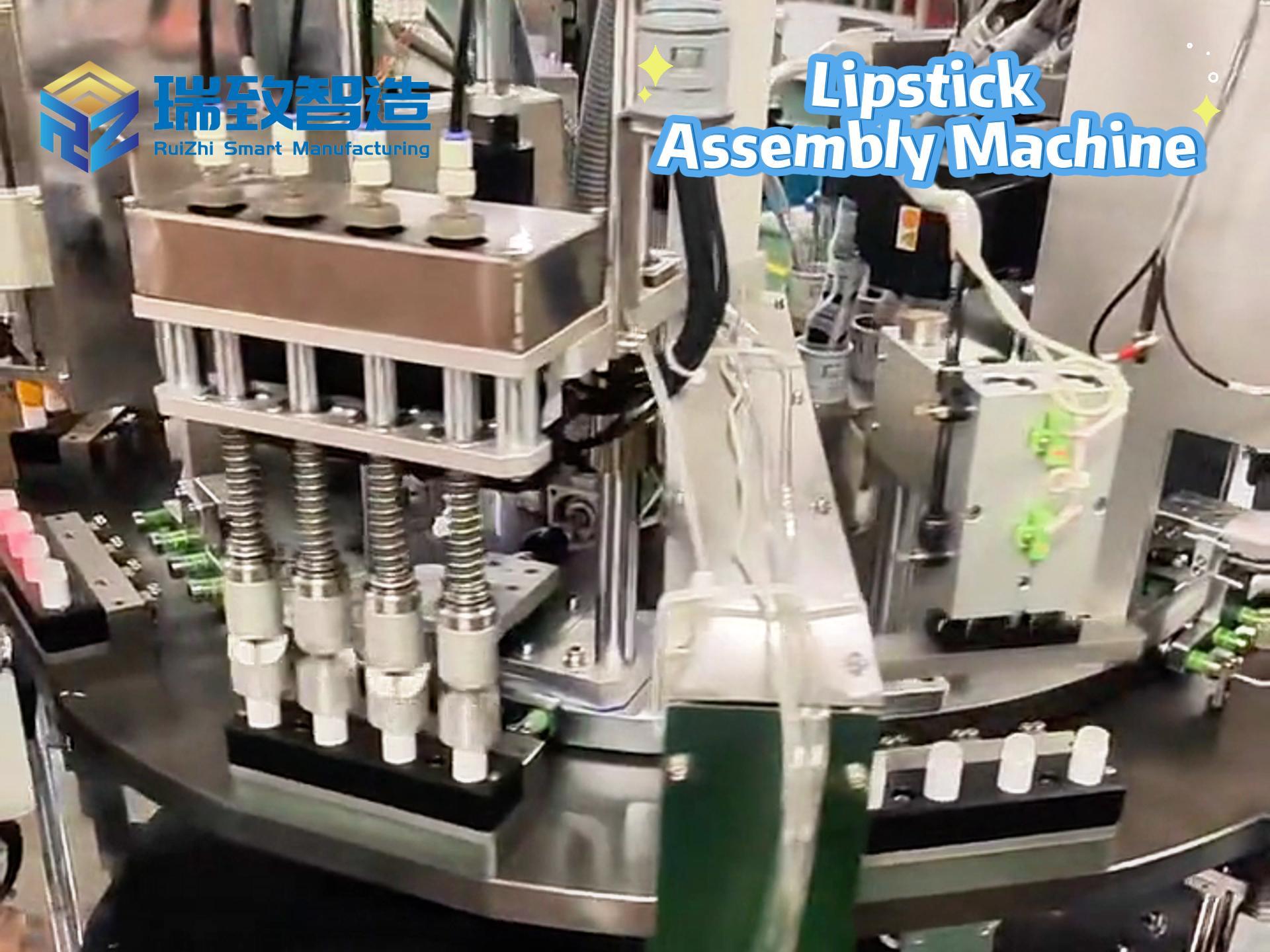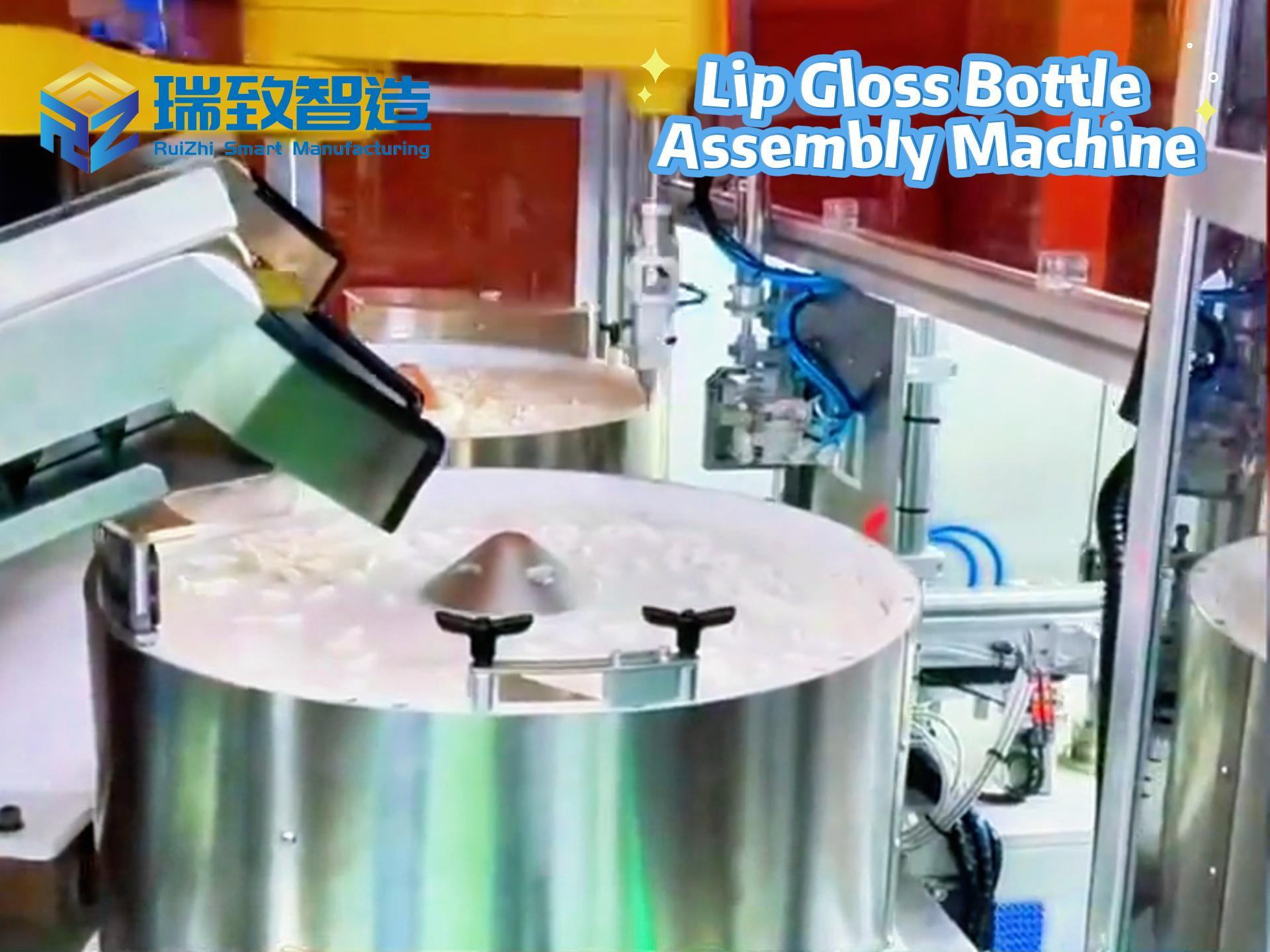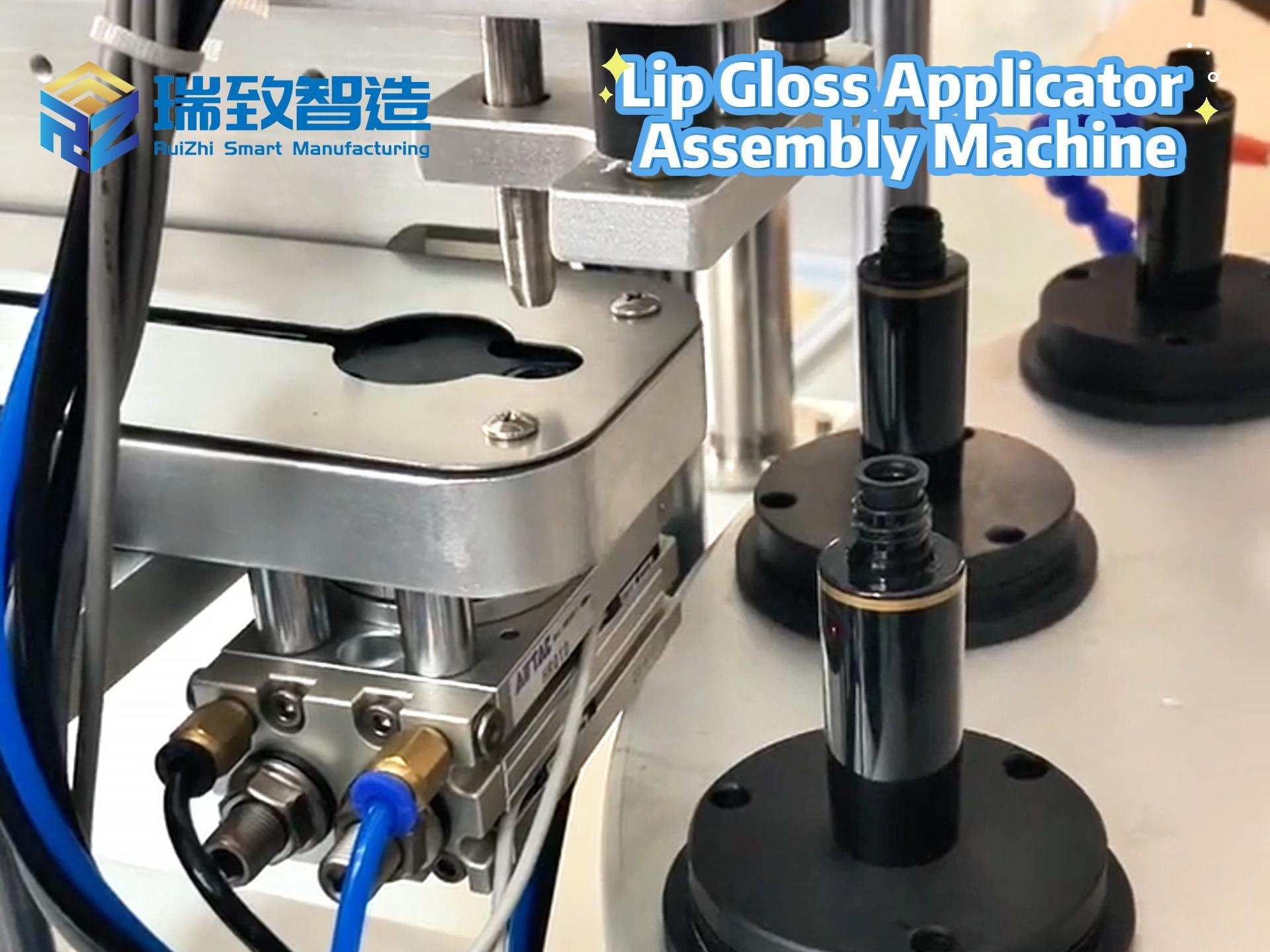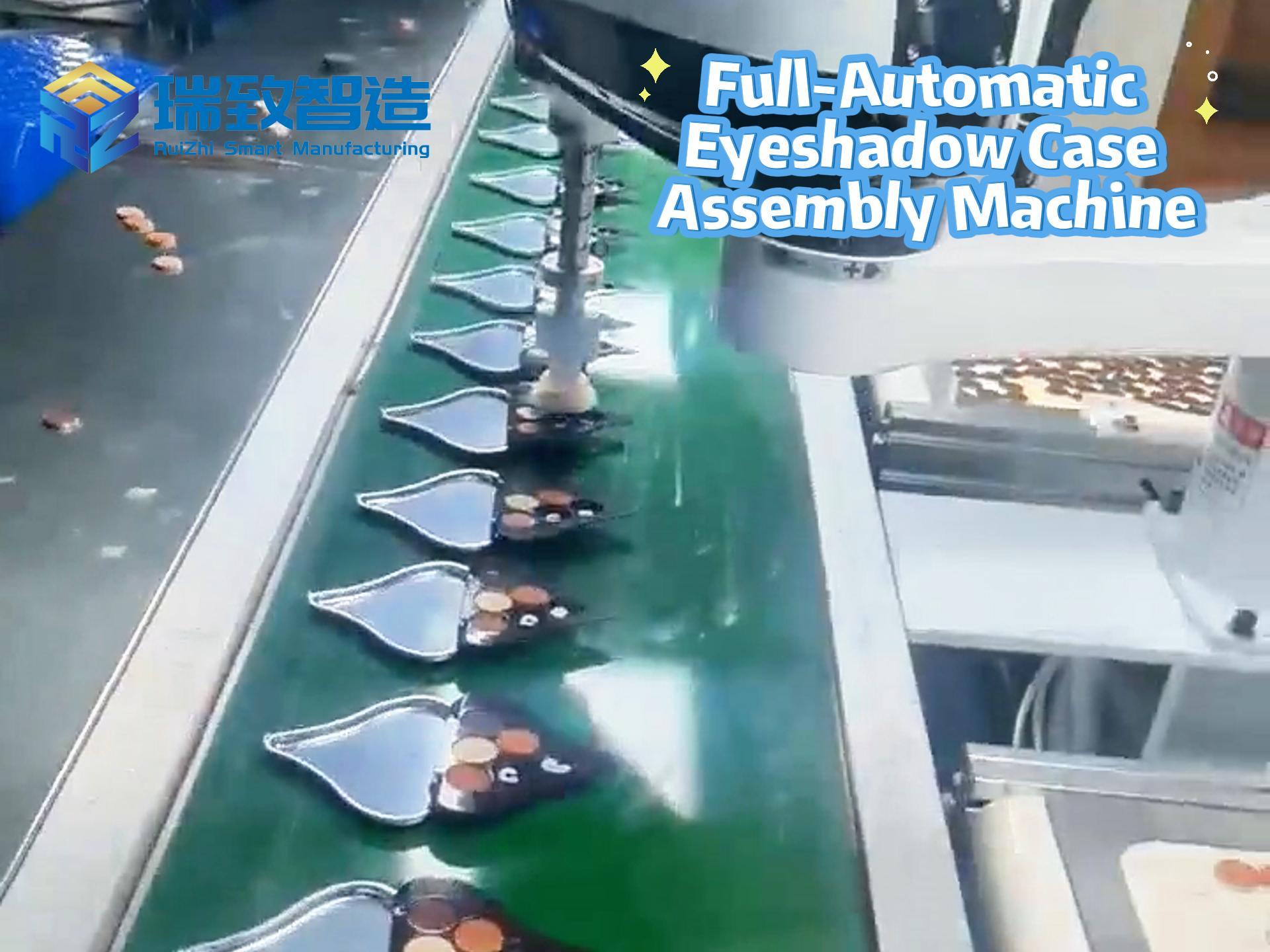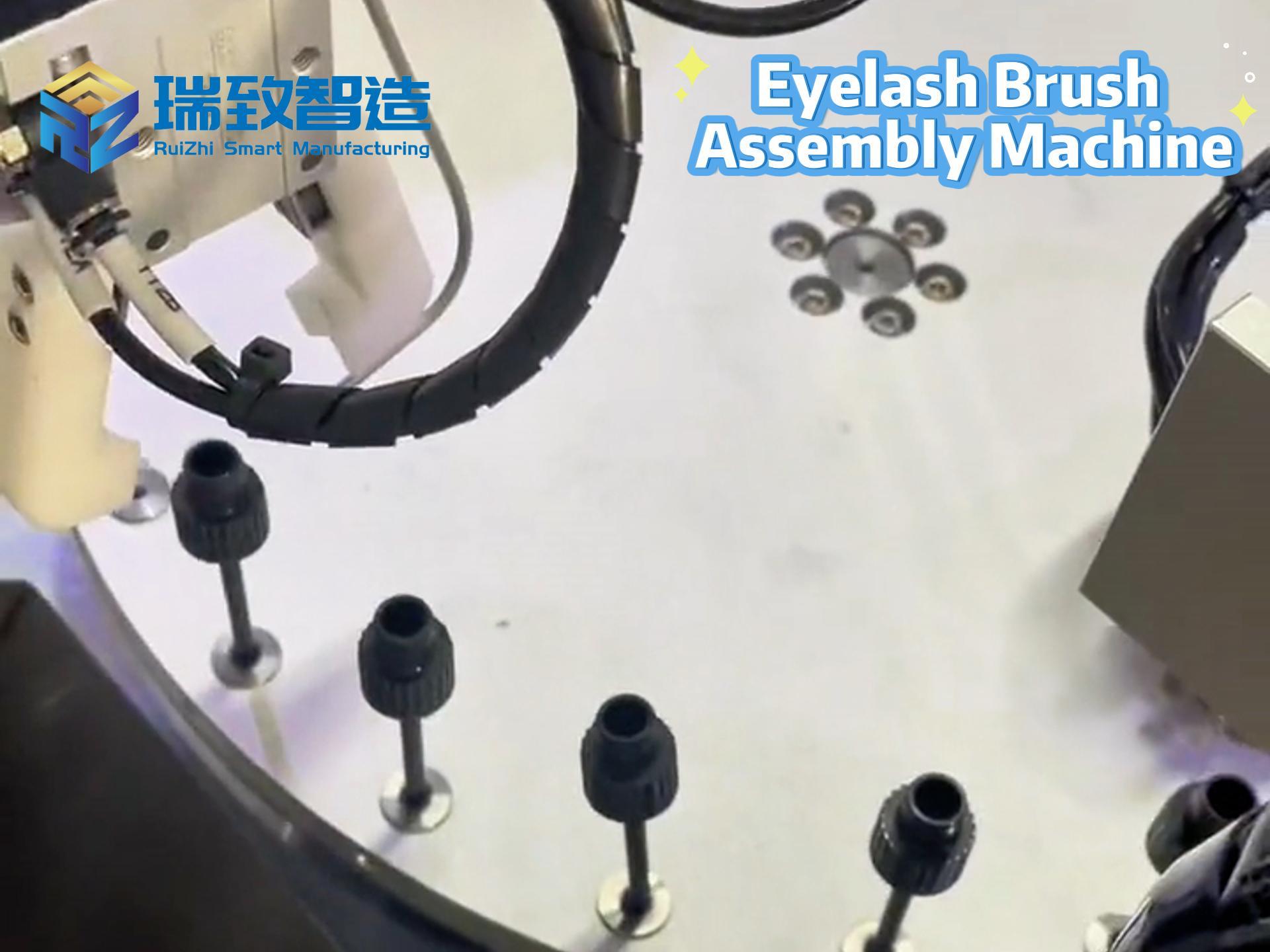Flexible Manufacturing System (FMS): Cracking the Industrial Code for “Multi-Variety, Small-Batch” Production

Under the dual pressure of consumption upgrading and market segmentation, the Flexible Manufacturing System (FMS) has evolved from an “optional solution” to an “essential capability.” Its core value lies in using dynamic response capabilities to resolve the contradiction between “large-scale production” and “personalized needs.” Data from the International Academy for Production Engineering (CIRP) shows that enterprises adopting FMS have shortened product changeover time by an average of 75% and increased capacity utilization by 22%, reshaping the production paradigm of global manufacturing.
一、Technical Architecture: Triple Breakthroughs in Modularity, Intelligence, and Networking
The FMS production line at Toyota’s Motomachi Plant in Japan is a “transformer” in automotive manufacturing: The same line can handle three vehicle models—Corolla, Avalon, and Lexus ES—simultaneously. Using a servo-motor-driven quick die-changing device, it completes welding fixture switching within 50 seconds, supporting mixed-line production of 800 different configurations daily. Its technical core comprises three modules:
: 90% of equipment uses standardized interfaces, such as quickly replaceable welding electrodes (replacement time <90 seconds) and adaptive grippers (supporting automatic adjustment for 10-50kg loads).
: The AI scheduling system processes configuration parameters for 2,000+ orders in real time, optimizing production paths using genetic algorithms to reduce material loss during single-model switching by 60%.
Logistics Networking: 150 AGV robots dynamically deliver materials via a 5G-UWB positioning system, improving material turnover efficiency by 40% and reducing inventory backlog by 35%.
This architecture has shortened the order delivery cycle at the Motomachi Plant from 14 days (traditional rigid lines) to 5 days and supports “zero-inventory” production—95% of components are delivered in real time based on orders, reducing inventory occupation by 230 million yuan compared to traditional models.
二、Industry Practices: Flexible Revolution from Automotive to Electronics
In the electronics industry, the FMS line at Flextronics’ Suzhou Plant demonstrates remarkable “multitasking” capabilities: 12 reconfigurable robots with quick-change end-effectors (supporting vacuum adsorption, force-controlled gripping, and visual guidance modes) complete production line switching for mobile phones, tablets, and laptops within 15 minutes. More crucially, its self-developed “flexible process engine” automatically identifies characteristic parameters of 200+ materials and dynamically adjusts 300+ process parameters such as chip placement pressure and welding temperature, stabilizing the yield rate of multi-product mixed-line production at over 99.2%—only a 0.3% decrease from single-product lines, breaking the traditional perception that “flexibility and precision cannot coexist.”
ZARA, the “fast fashion” giant in the apparel industry, uses FMS to compress the cycle from design to shelf to 7 days. The secret lies in end-to-end flexible collaboration: Digital cutting beds automatically identify the stretch and breathability of 200+ fabrics, an intelligent hanging system distributes sewing processes in a “single-piece flow” mode (each hanger has a built-in RFID chip to record personalized process requirements), and an AI scheduling system dynamically balances the load of 3,000 sewing machines, reducing equipment idle rates from 40% to 12%. This achieves the commercial miracle of “small batches, multiple lots, and fast turnover.”
三、SME Adaptation: Lightweight Flexible Solutions
Addressing the cost pain points of small and medium-sized enterprises (SMEs), a Shenzhen automation company has launched a “modular flexible unit”: Each set occupies 15m², integrates 6-axis collaborative robots, visual inspection systems, and intelligent storage cabinets, supports mixed-line assembly of 30+ small components, reduces equipment investment costs by 60% compared to traditional FMS, and shortens programming and debugging time to 2 hours. After introducing this system, a small commodity factory in Yiwu, Zhejiang, achieved a leap from “2-hour manual changeover” to “10-minute automatic changeover,” increased daily capacity per workstation by 35%, successfully undertook cross-border e-commerce orders from Amazon (minimum order quantity 100 pieces), and raised gross profit margins from 22% to 35%.
四、Future Trends: Reconfigurable Factories and Ecosystem-Level Flexibility
Bosch’s “reconfigurable manufacturing system” in Germany represents the ultimate form of FMS: When market demand shifts from automotive parts to medical devices, the factory automatically disassembles 200+ equipment modules of the original production line via an industrial internet platform, and AGV robots rearrange them according to the new process route, completing line conversion within 2 weeks with an equipment reuse rate of 80% and 40% lower investment costs. This “Lego-style” production architecture enables enterprises to quickly respond to industrial changes. For example, during the 2020 pandemic, multiple FMS factories converted from automotive lines to mask machine lines within 10 days, demonstrating strong risk resistance.
As consumers increasingly pursue “unique” products, flexible manufacturing systems will upgrade from “factory-level applications” to “industry-level ecosystems.” Future manufacturing networks will consist of countless flexible units that share capacity in real time and collaborate on design via the industrial internet, forming a “distributed manufacturing community”—when orders surge in a region, surrounding flexible units automatically connect to the production network to achieve dynamic optimal resource allocation. Flexible manufacturing, beyond being an innovation in production methods, is the core competitiveness for enterprises to address uncertainty, redefining the elastic boundaries of “manufacturing.”
“plex smart manufacturing platform” “saudi smart manufacturing” “global smart manufacturing summit“

